Nigeria's CBN governor.
Something is going on that should be making the headlines but it is not. In March 2012, a company named Petro Union Oil & Gas Ltd filed a suit at the federal high court, Abuja, asking to be paid £2.556 billion by the Central Bank of Nigeria (CBN), Union Bank, the minister of finance and the attorney-general of the federation because of an “offence” committed by Union Bank. You may not believe it, but Petro Union got the award two years later. Two billion, five hundred and fifty-six thousand pounds! Not naira; pound sterling! Yes, awarded by a Nigerian court against Nigeria.
The case went on appeal and Petro Union won again. All eyes are now on the Supreme Court for a final pronouncement. I guess if the court rules that Nigeria should indeed pay the £2.556 billion award, we will wake up and start running up and down to save our comatose treasury. We’ve been here before, haven’t we? In 2012, P&ID Ltd took Nigeria to arbitration in the UK over a failed gas processing contract. Everything went quiet from May 2015 until January 2017 when Nigeria was ordered to pay P&ID $6.6 billion in damages and lost income, plus a daily interest of $1.2 million.
Pronto, we woke up and started running helter-skelter — from the United Kingdom to the United States — trying to prevent the enforcement of an award that would have risen to over $10 billion by now. The Economic and Financial Crimes Commission (EFCC) started going all over the place, looking for who to indict, arrest and charge to court for the “fraudulent contract”. We even got some quickfire convictions in the process. Thank goodness, the strategy worked and Nigeria was able to get a respite — although danger is not yet over. But at least we can argue our case all over again.
What is the Petro Union case against Union Bank? How did it become the business of the Federal Republic of Nigeria? Here is what we know so far. In 1994, Petro Union, whose directors included Prince Isaac Okpala (now dead) and his wife, said they wanted to establish three refineries in Nigeria. Gladstone Kukoyi and Associates were their consultants. The Okpalas issued a cheque, dated December 29, 1994, for £2,556,000,000 in favour of Gladstone, drawn on the Barclays Bank account of Gazeaft Ltd. We must note that the Okpalas were directors of UK-registered Gazeaft as well.
Advertisement
According to the court papers, Gladstone Kukoyi and Associates lodged the cheque with Union Bank. The bank then asked its London branch to confirm it, as was the formality, only to be told that Gazeaft Ltd had closed that account since 1989 — five years before the cheque was issued. Union Bank said it notified the CBN about the suspicious cheque and that the central bank did its own checks and confirmed that Gazeaft’s UK account had indeed been closed since 1989. An open-and-shut case? Not really, not when there is a Nigerian factor involved. The drama was just beginning.
From what I heard, Petro Union kept pushing for the cheque to be honoured. Eventually, the company petitioned the EFCC against Union Bank and CBN for not honouring the instrument. That was in 2005. The EFCC began to investigate. They asked Union Bank to return the cheque, after which it was handed back to Petro Union. Why was the cheque returned to Petro Union when the possibility of litigation was looming? I wouldn’t know. Whatever the game was, Petro Union did not relent. The game changed from a cheque not being honoured to £2,556,000,000 being expropriated.
On March 22, 2012, Petro Union headed for the court via originating summons, seeking to enforce claims against Union Bank, the minister of finance, the AGF and the CBN. Petro Union claimed that the £2,556,000,000 actually came into Gladstone Kukoyi and Associates’ account Union Bank in 1994; that the bank transferred it to the CBN under the forex rules then; and that both banks sat on the money. I thought the court could have subpoenaed bank records to ascertain if the money actually came into Nigeria, but it appeared that was not considered a vital evidence in the case.
Advertisement
There was yet something odd. Petro Union declared in court that Union Bank transferred £2,159,221,318.54 of the sum to the account of a private company at the CBN. The company was named as Goldmatic Ltd. Petro Union actually tendered a CBN “statement of account” for Goldmatic. Do private companies open accounts with the CBN? What we were taught in O’Level Economics is that the central bank is the banker to the government, not private individuals or companies. How did the trial judge accept such a document as evidence? I wouldn’t’ know.
It would also appear nobody took the matter seriously because, to be honest, I myself wouldn’t take it seriously either. Can £2.556 billion disappear without a trace? If Gazeaft actually had £2.556 billion in its Barclays Bank account in London, would it be difficult to confirm? If £2.556 billion moved from UK to Nigeria, would it have escaped the international financial system? More so, is it so hard to confirm that the account had been closed five years before the cheque was presented? A one-page letter from Barclays Bank would have sufficed, in my opinion. Something was obviously not right.
In any case, on March 11, 2014, the high court determined that £2.556 billion came into Union Bank, that the bank retained £396,778,681.46 of it and transferred the balance of £2,159,221,318.54 to a private company’s account at the CBN. The court ordered Union Bank to pay Petro Union £396,778,681.46 “being the balance” of its foreign capital. The judgment was delivered “jointly and severally” against the CBN, Union Bank, minister for finance and the AGF, meaning the Nigerian government will also pay £396,778,681.46 in addition to £2,159,221,318.54. Was that an error?
I do not want to make any unholy insinuations, but as a layman I have many questions, some of which I have already asked. To start with, £2.556 billion is such a humongous amount of money that all the facts should have been properly established. If indeed the account of Gazeaft Ltd at Barclays Bank had been closed five years before its cheque was issued in favour of Gladstone Kukoyi Associates, this should be the easiest thing to establish. That would have meant the case was not standing on any leg. I still cannot understand why this simple fact was not probed or established.
Advertisement
I also wonder, as a layman, the locus of Petro Union. The cheque was drawn in favour of Gladstone Kukoyi and Associates against the account of Gazeaft Ltd. In the entire transaction, therefore, I do not see where Petro Union can claim to be the main party. Gladstone Kukoyi and Associates and Gazeaft Ltd should be the parties in court seeking to be paid or refunded the sum. But I speak as a layman. Perhaps there are legal provisions for a party that is neither the payer nor the payee to make those claims. Any way we look at it, I think Gladstone and Gazeaft should be the parties.
Were some facts hidden from the court? In the end, the judges can only work with the evidence before them. They are not going to help the respondents look for evidence. For instance, was the court aware that the cheque had been returned to Petro Union by the EFCC in 2005? Since it “bounced”, it should have been returned ab initio. It seems Union Bank held on to it — perhaps as evidence in the event of litigation. It was at EFCC’s request in 2005 that they returned the cheque. But if the transfer indeed went through, Petro Union shouldn’t be in possession of the cheque.
I would also think it took the unlikely judgment for Union Bank to wake up. What the officials might have dismissed as a joke, or as a cut-and-dried no-case, was not so after all. The bank immediately appealed the judgment to the Court of Appeal, Abuja. After four years, the appeal court upheld the judgement of the trial court. I should think that was when it began to dawn on the Union Bank guys that if was a really a joke, the honourable judges must have missed it. The bank swiftly filed an appeal to the Supreme Court, where it has been pending since June 2018. That is the state of play.
Oh, I nearly forgot. The last time I checked, neither the office of the AGF nor minister of finance had appealed to the Supreme Court. This has serious implications. It means the Nigerian government will also pay whatever Union Bank is asked to pay because the judgement says “jointly and severally”. Each respondent will be liable individually. If I understand how things currently work in Nigeria, when an AGF does not fight a case, an out-of-court settlement is on the cards. What we would hear next is that Nigeria has agreed to an amicable settlement of hundreds of millions of pounds.
Advertisement
As it has become our custom in Nigeria, a “final settlement agreement” of say £200 million will be presented as the best possible resolution. Everyone involved will be “happy” in the end; only the national treasury and the Nigerian people will bear the brunt. The value of the original award, together with the interests, is now more than £11.3 billion, which is about half of our foreign reverses. Therefore, there is no way a £200 million settlement will not be made to look like a bargain — even though we know the best deal is to quash the judgment altogether with solid evidence.
With the way things stand, only the federal government has the capacity to settle the liability from the case. The judgment sum far, far, far outweighs Union Bank’s balance sheet. I understand that if all the assets of Union Bank are sold, that would meet only roughly 30 percent of the judgment sum. But Nigeria has reserves and other assets against which Petro Union can secure an enforcement order all over the world. Nigeria is currently experiencing one of its worst economic crises ever, with the naira falling badly in the face of scarce forex, and inflation raising the room temperature.
Advertisement
On a brighter note, there is some hope. The EFCC has charged key suspects to court. They have been undergoing trial at a federal high court in Lagos since March 2020. The suspects are: Abayomi Kukoyi (Gladstone Kukoyi and Associates), Kingsley Okpala, Chidi Okpalaeze and Emmanuel Okpalaeze (all Petro Union). Gladys Okpalaeze is said to be “at large”. Isaac Okpala, the most senior of the lot, died years ago. The seven-count charge borders on conspiracy, obtaining by false pretence, attempt to steal and forgery. Apart from Kukoyi, others are addressed as either “prince” or “princess”.
Specifically, they are accused of forging a Barclays Bank’s cheque and attempting to use it to obtain £2.556 billion from the CBN. They are also accused of forging a CBN statement of account purporting to be that of Goldmatic Ltd with which they tried to prove there was a transfer. Eight witnesses, including Senator Nenadi Usman, former finance minister, have testified against them. They all pleaded not guilty. But will the Supreme Court examine the facts of the original award by the high court and confirm what most of us suspect but are fraud to say — that this is a monumental scam?
Advertisement
3 comments

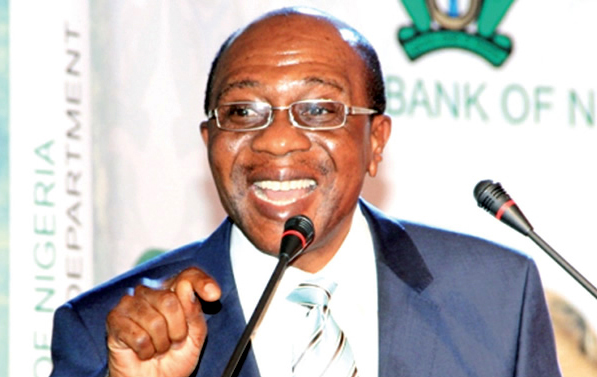
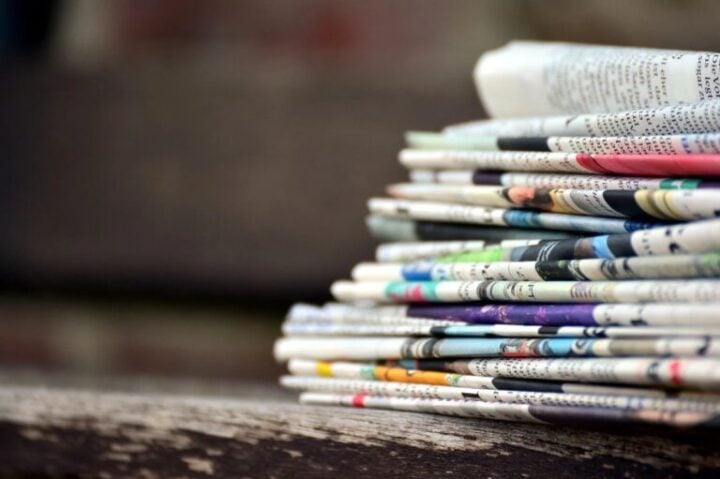
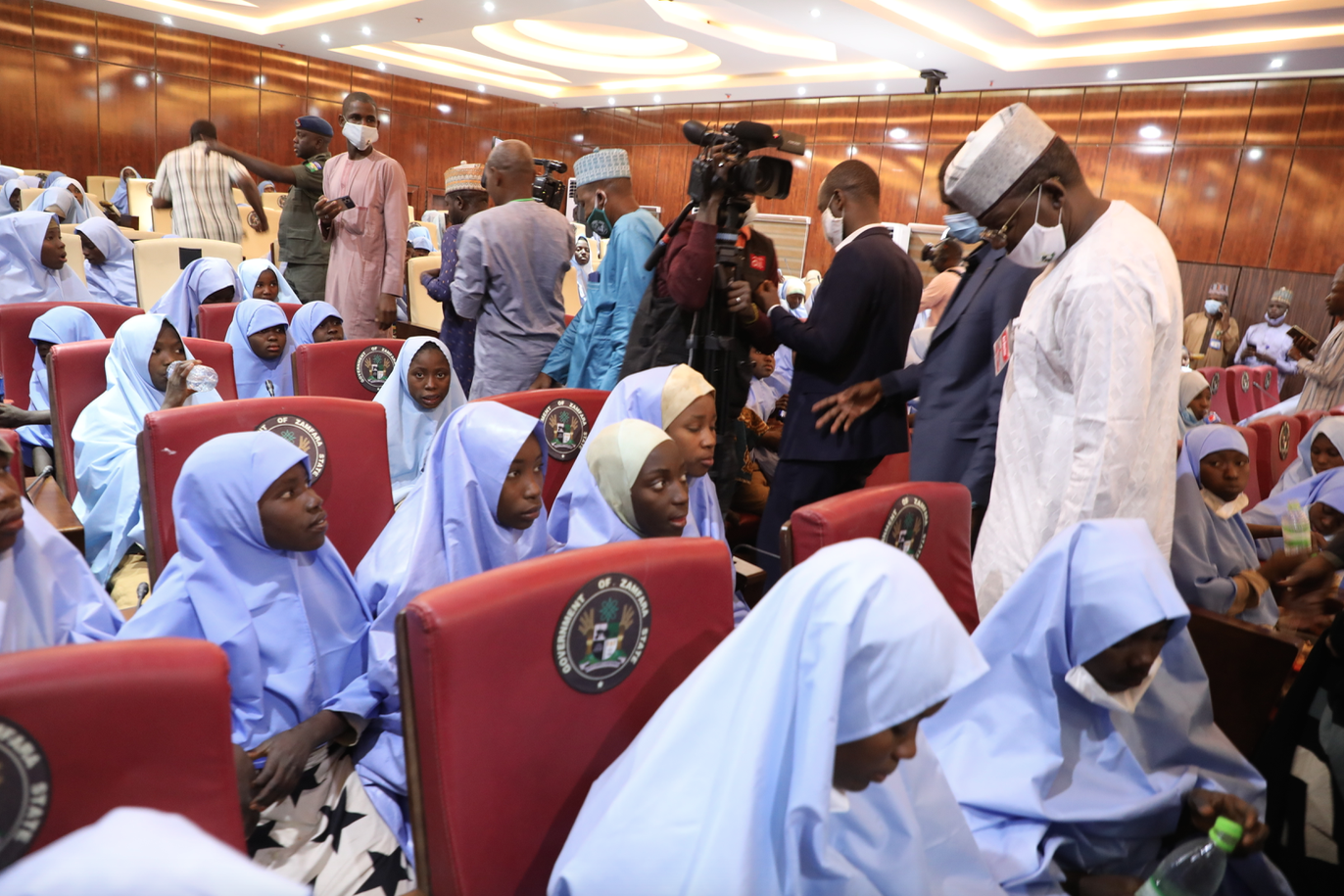
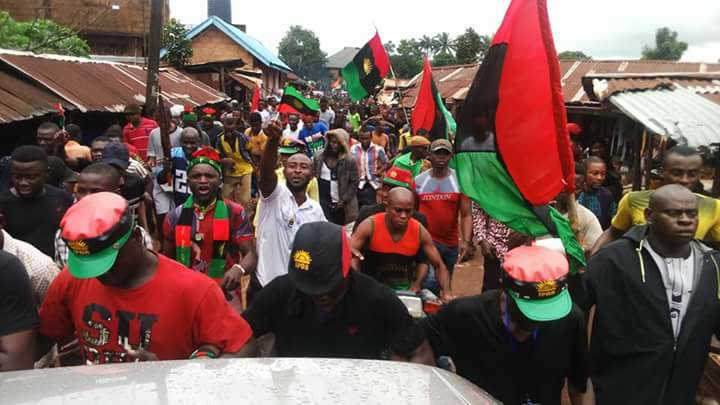
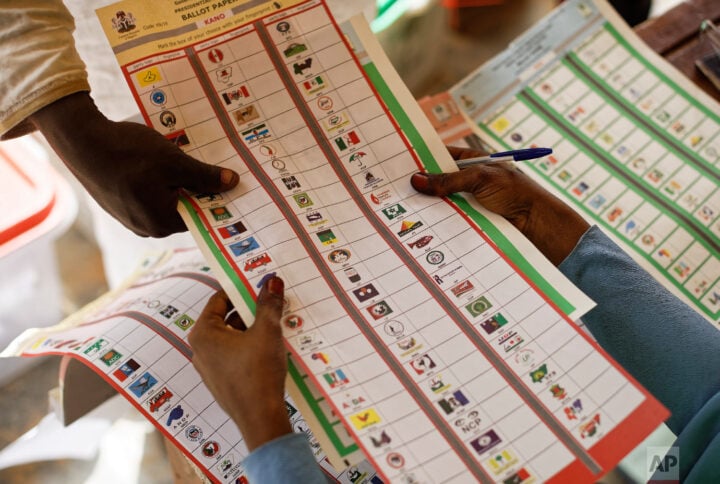
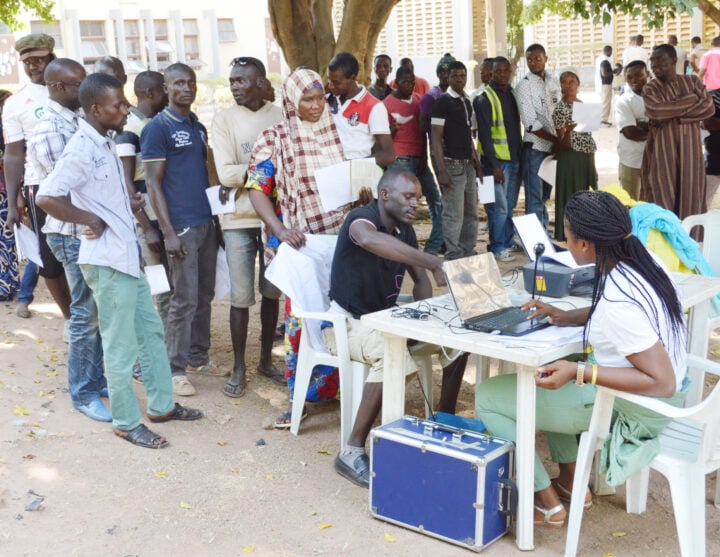
what kind of country is this? how can some body issue a bounced cheque and be left rooming the street, this guys should be behind bars, for fraudulent act, instead they were left going court to court seeking to establish their illegality, Allah help our country, purge it off these set of scrupulous unpatriotic leaders
Does this really surprise anybody? Nigeria is a massive crime scene.
Oga Simon, Nigeria only believe in last chance movements. You said it all. We all remember how Nigeria, Obasanjo ceded our oil rich Bakassi to Cameroon. All these are direct undercut deals with Nigerian officials.